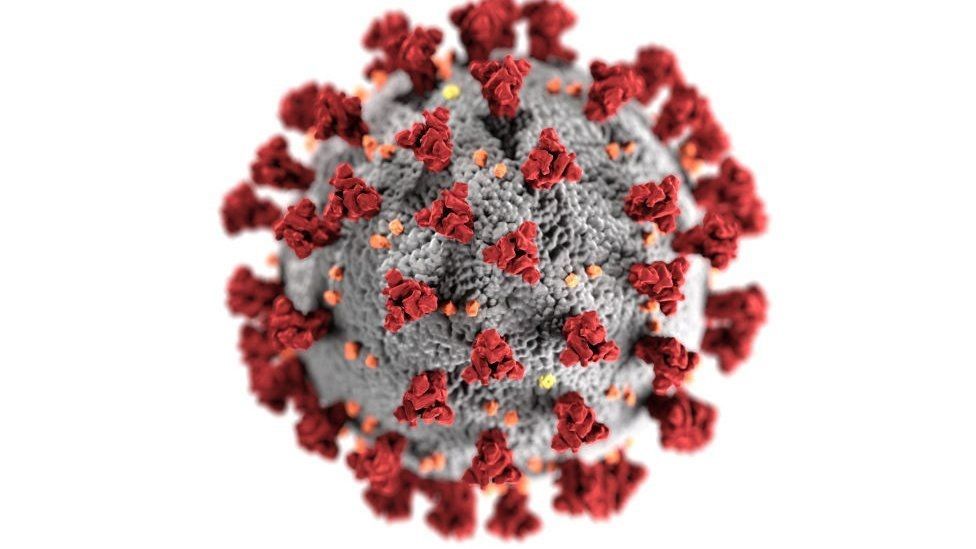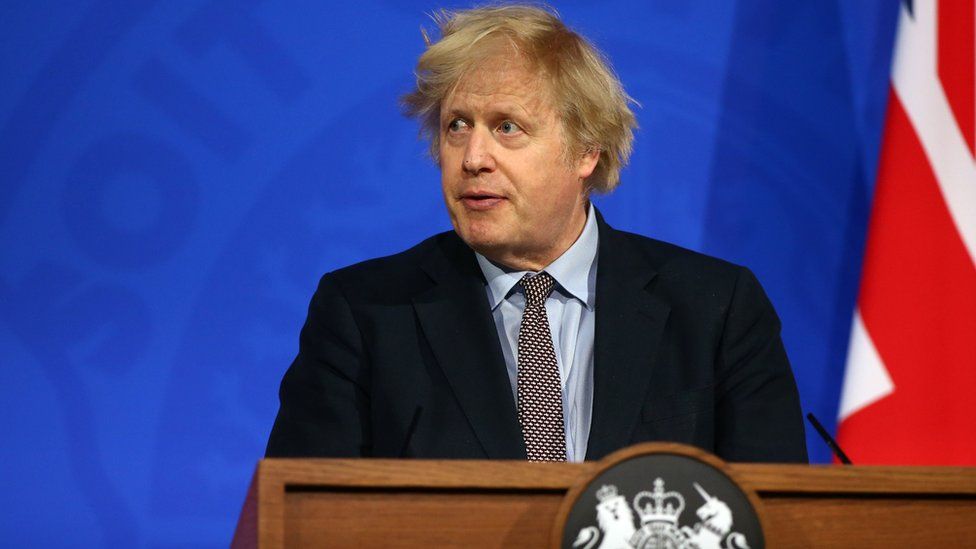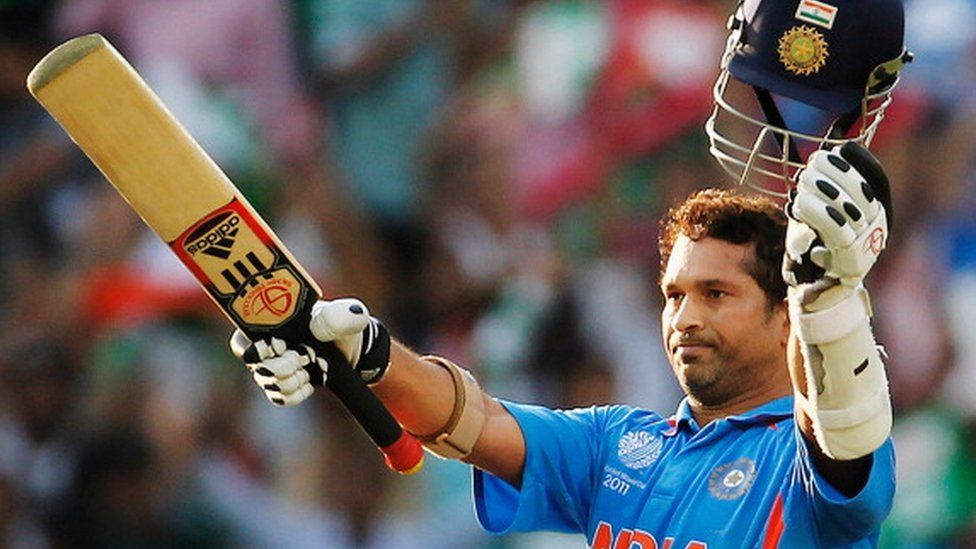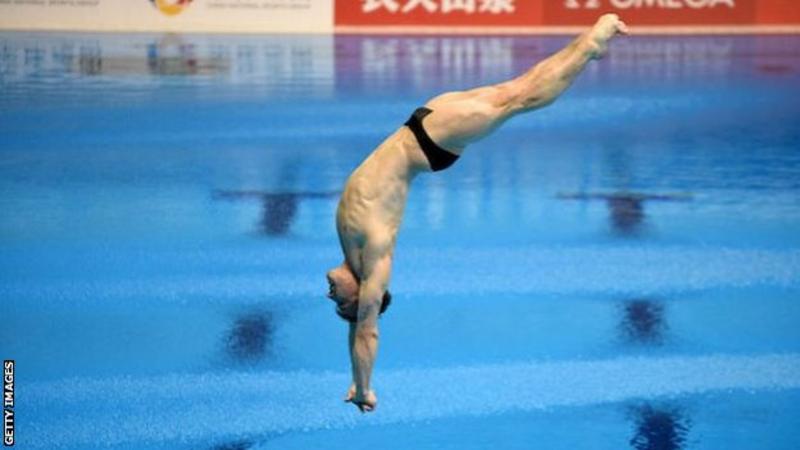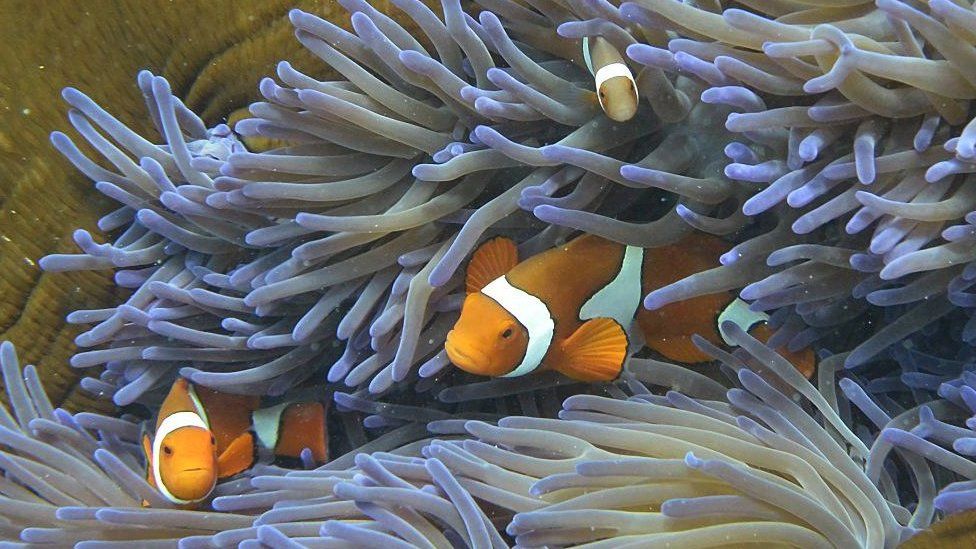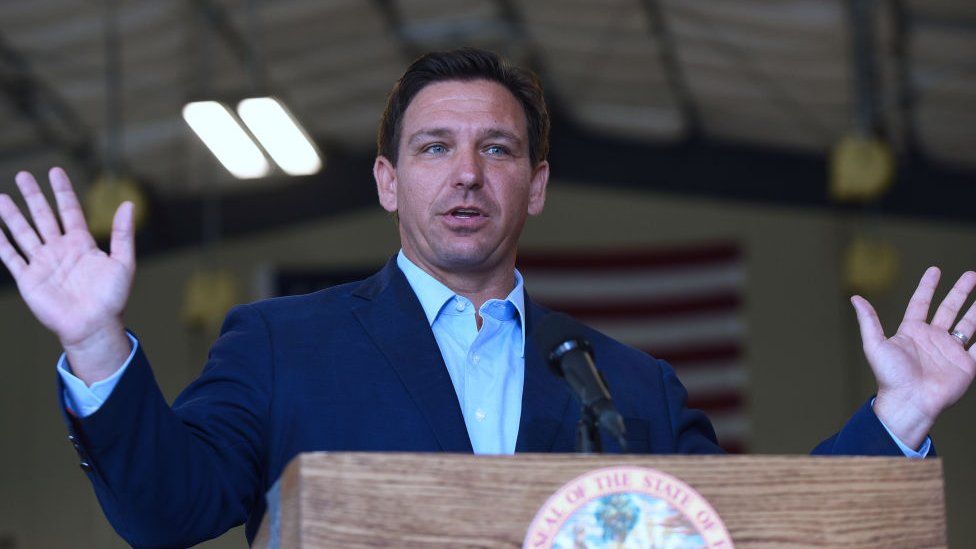India begins booster shots as Covid-19 cases surge

Jan 10: India has begun giving booster doses of the Covid-19 vaccine to priority groups amid a surge in infections.
Health and frontline workers and people above 60 years with comorbidities are currently eligible to take the jab. The drive began as India battles a spike in Covid cases fuelled by the Omicron variant of the coronavirus.
Early studies from other countries have suggested that a booster vaccine may provide more protection against Omicron.
The highly transmissive Omicron variant was first discovered in South Africa in November.
Since then, several countries have expanded their booster programmes or shortened the gap between jabs to shore up protection against the variant.
In India, the booster shot - dubbed a 'precaution dose' by Prime Minister Narendra Modi - will be the same vaccine that was given to a person for their first and second doses.
India has been mainly administering two locally-manufactured vaccines, Covishield and Covaxin, since its vaccination drive began in January 2021.
On Sunday, India reported more than 179,000 new infections for the past 24 hours, driven by a steep rise in cases in big cities such as national capital Delhi and financial centre Mumbai.
On the same day, Mr Modi chaired a review meeting with top officials and asked for "technical support" to be provided to states reporting more cases.
The government had begun administering vaccines to 15-18-year-olds last week - it has said that 31% of Indians in this age group have been given the first dose so far.
More than 91% of adults have been partially vaccinated so far, while 66% have received both doses till now.
But experts say that still leaves millions of unvaccinated people - many with underlying health problems that could increase the severity of the infection - at risk.
The spread of Omicron has also increased worries - India has confirmed a total of 4,003 cases of Omicron, with Maharashtra reporting the highest (1,126), followed by Rajasthan (529) and Delhi (513).
The country has so far recorded more than 35 million Covid cases and around 483,000 deaths from the virus.
Last year, a devastating second wave overwhelmed the country's health system, leading to a shortage in oxygen, hospital beds and critical drugs.
Recent News

Do not make expressions casting dout on election: EC
14 Apr, 2022
CM Bhatta says may New Year 2079 BS inspire positive thinking
14 Apr, 2022
Three new cases, 44 recoveries in 24 hours
14 Apr, 2022
689 climbers of 84 teams so far acquire permits for climbing various peaks this spring season
14 Apr, 2022
How the rising cost of living crisis is impacting Nepal
14 Apr, 2022
US military confirms an interstellar meteor collided with Earth
14 Apr, 2022
Valneva Covid vaccine approved for use in UK
14 Apr, 2022
Chair Prachanda highlights need of unity among Maoist, Communist forces
14 Apr, 2022
Ranbir Kapoor and Alia Bhatt: Bollywood toasts star couple on wedding
14 Apr, 2022
President Bhandari confers decorations (Photo Feature)
14 Apr, 2022


